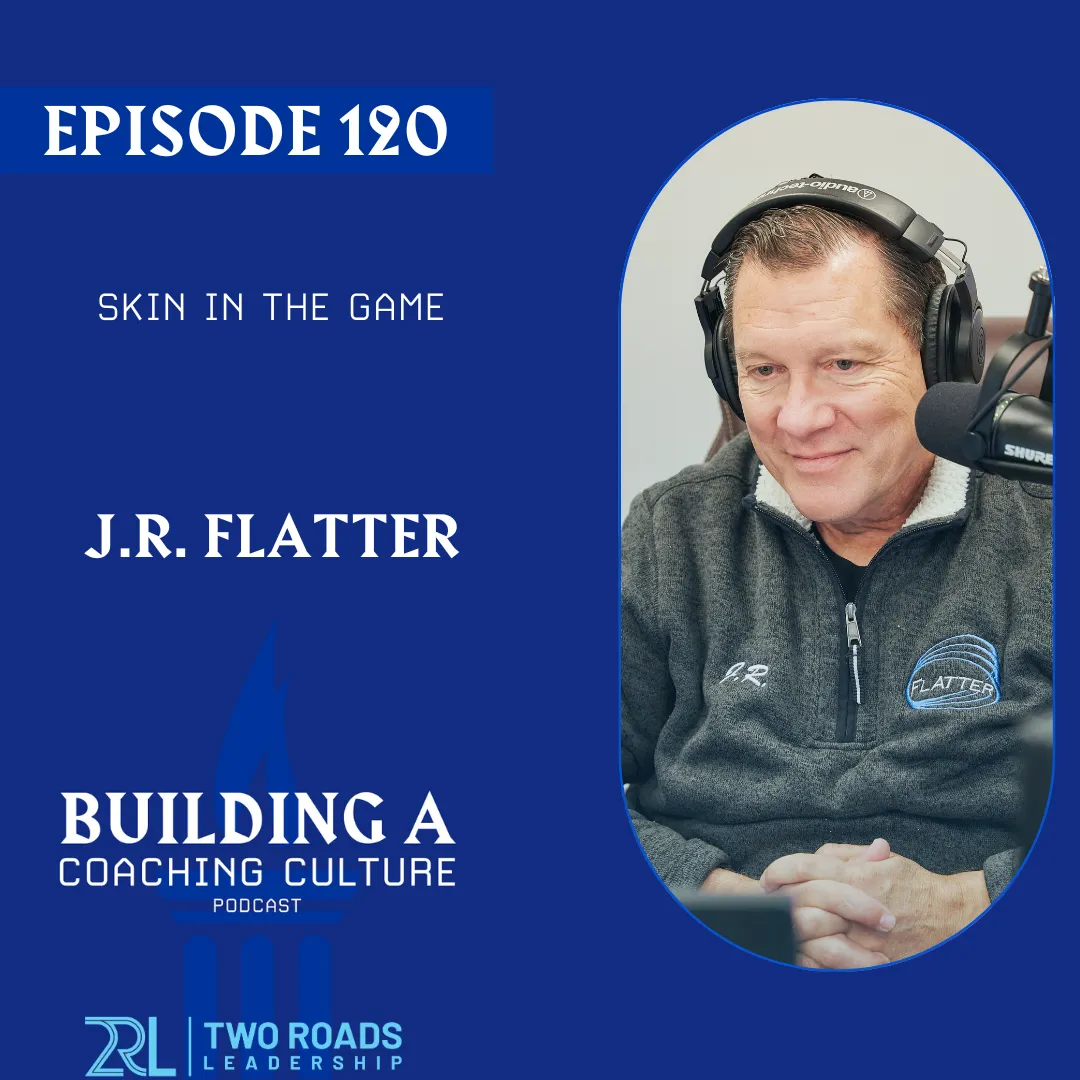The Essential Elements of Creating a Supportive and Effective Coaching Environment.
In this episode, J.R. and Lucas talk about the importance of sponsors being open-minded about coaching outcomes, the value of focusing on individual needs, and the necessity of building trust to overcome skepticism towards coaching relationships.
Discover the courage required to address personal growth issues and navigate the ever-present impostor syndrome many face in coaching. Tune in for compelling discussions about setting GOCRs—goals, objectives, and key results—as a foundational step in the coaching journey. Learn about the significance of making a commitment, whether through time, effort, or a coaching agreement.
They also share a real-world anecdote about educating a skeptical leadership team on the benefits of coaching, highlighting strategies to achieve buy-in through seminars and master classes. Whether you're a leader looking to enhance your coaching style or someone interested in the transformative power of coaching, this episode is packed with valuable insights.
Key topics covered include:
- The Importance of Sponsor Support and Open-Mindedness
- How to Deal with Impostor Syndrome and Courage in Coaching
- What Strategies Can Coaches Use to Build Trust and Break Down Skepticism from Participants in a Coaching Relationship?
- How to Educate Leaders About Coaching
Building a Coaching Culture is presented by Two Roads Leadership
Produced, edited, and published by Make More Media
Episode Links
J.R. Flatter
Founder of Two Roads Leadership
Lucas Flatter
Resources
2RL 4 day Coach Certification Bootcamp
2RL ICF-Approved Coach Certifications and Trainings
Transcript
Automatic Transcription - please excuse any errors

